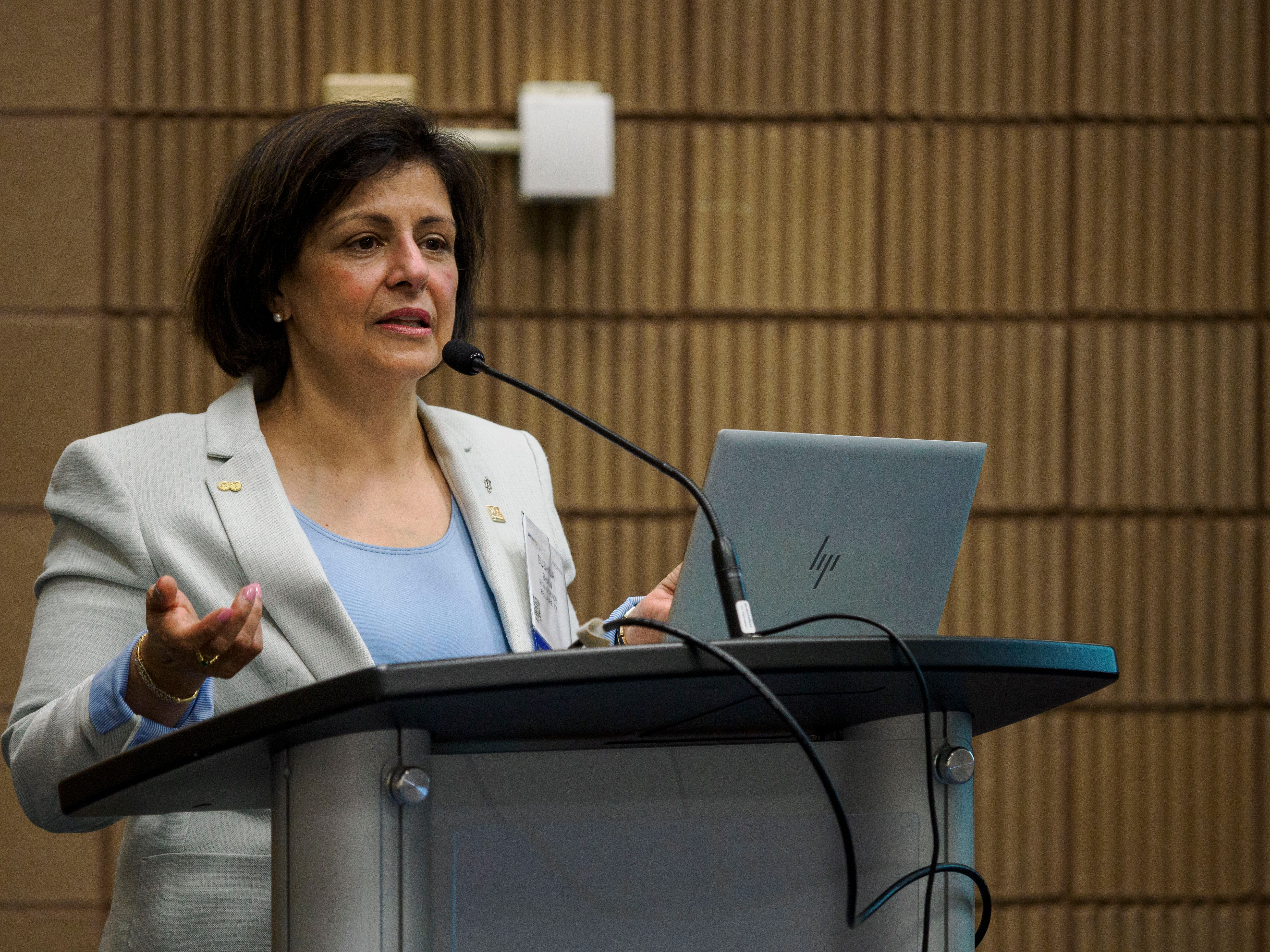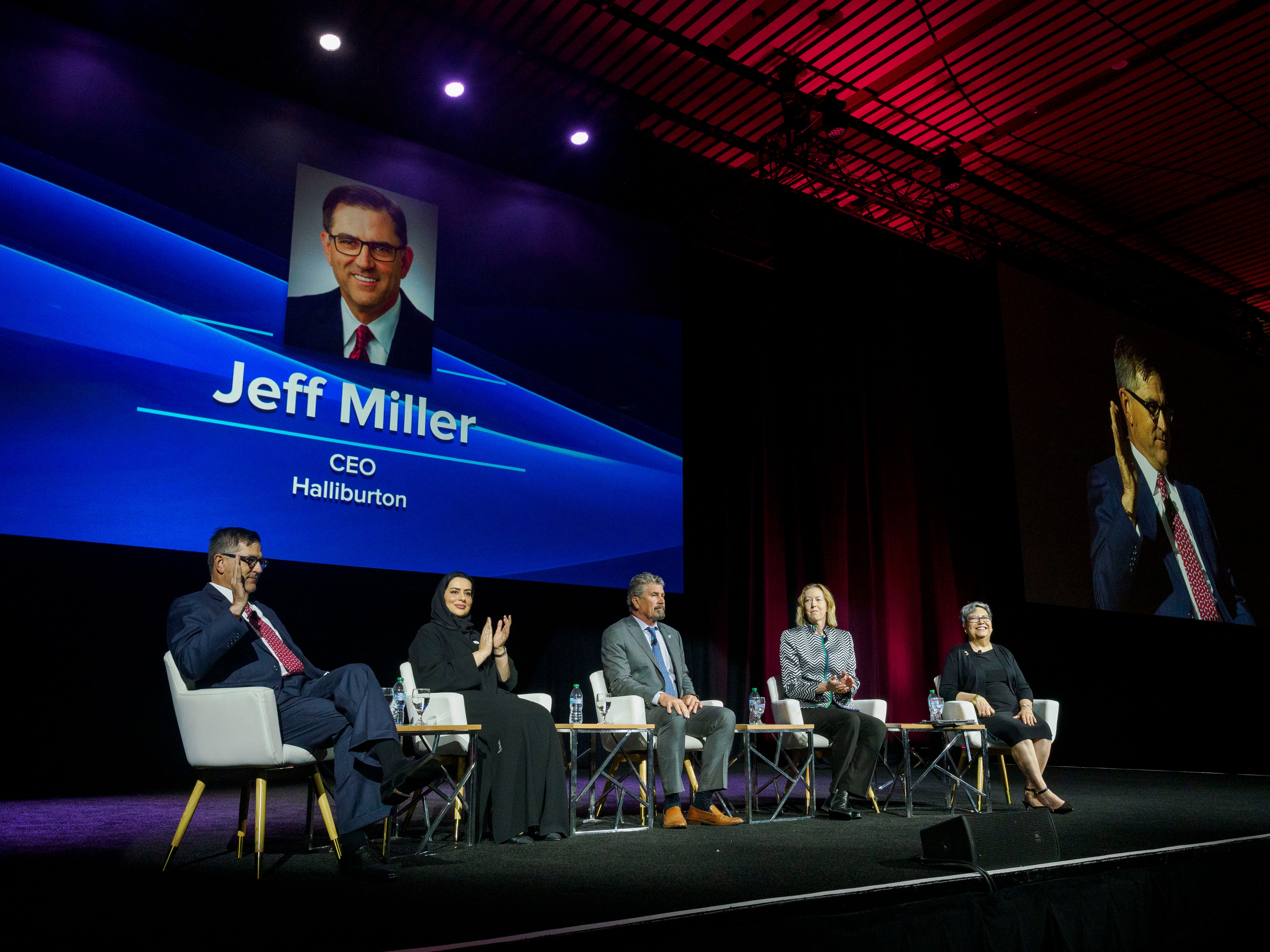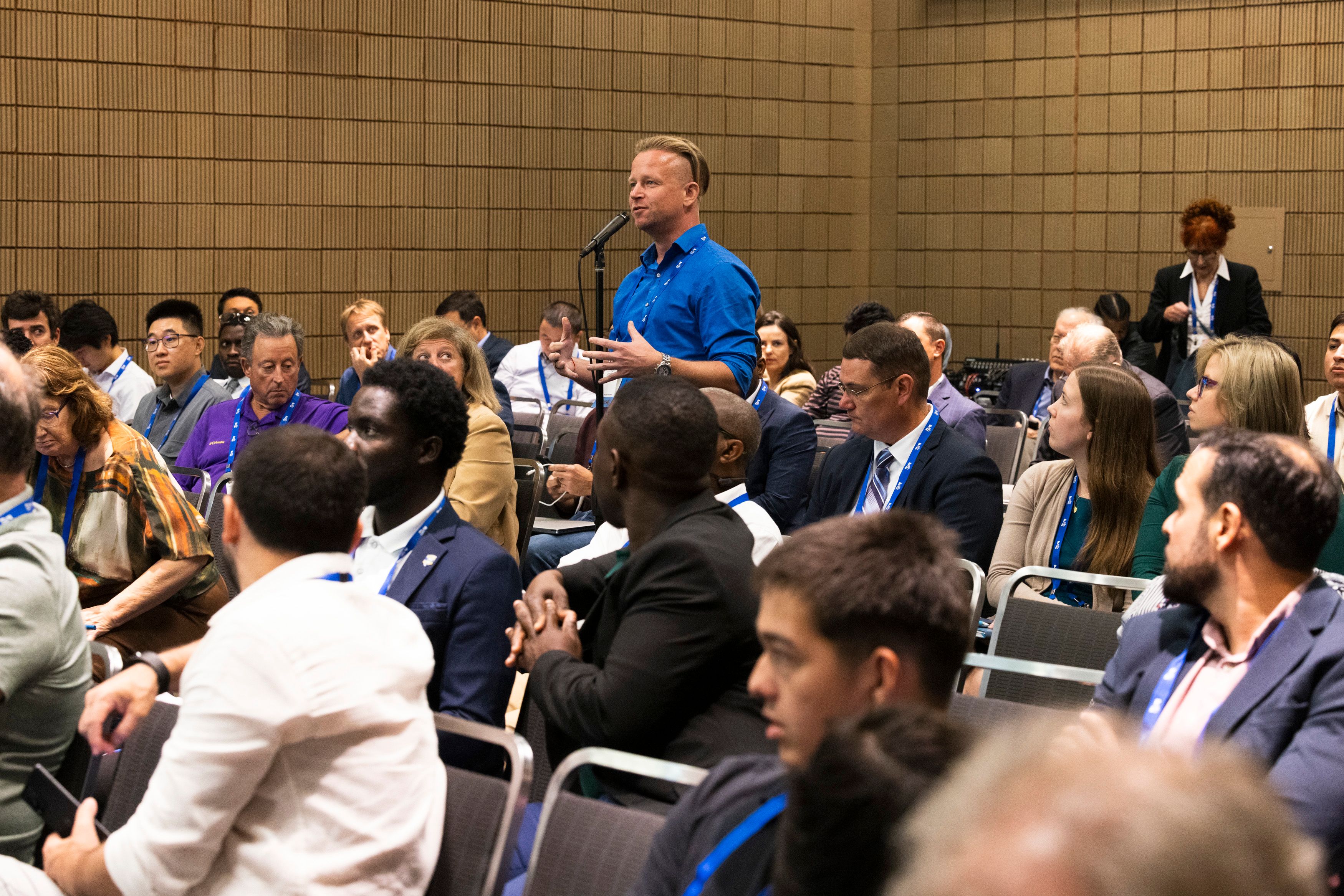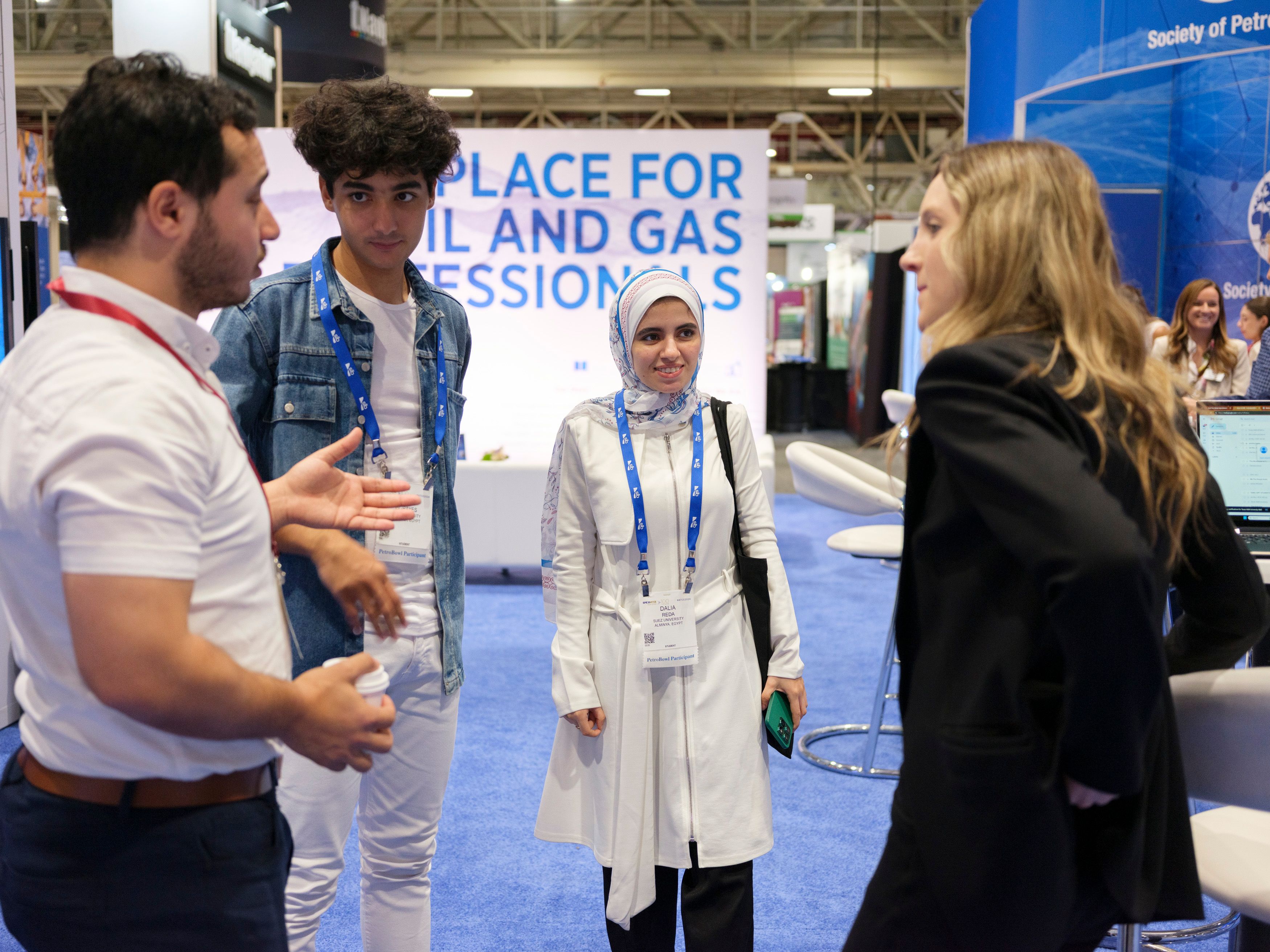Production and Operations activities are the core of the oil and gas business, therefore, there is a continuous process of searching for more efficient, safer, and more economical fields developments. These sessions will be devoted to showcasing a wide spectrum of best practices being applied and shared case studies that address the main challenges in well operations. Including and not limited to, currently applied and new technologies for Artificial lift, sand control, water management, stimulations, chemical treatments, production surveillance, flow assurance, risk mitigation and so forth.
All of these for producing and injection wells in both offshore and onshore conventional and unconventional operations.
Integrated Asset Modeling and Optimization: This area focuses on production optimization using new downhole technologies, data analytics, and simulation-based system integration. Field demonstrations of advanced downhole flow control devices and non-intrusive sensing and monitoring methods to solve complex flow optimization problems in artificially lifted wells are presented. Digital twins prove to be a valuable tool for dynamic optimal control of productions systems. The use of digital twins as a valuable tool for dynamic optimal control of production systems is also highlighted.
Flow Assurance: Evaluation Remediation and Control: This area focuses on technology advancements in flow assurance including real-time monitoring asphaltene removal, evaluation of the impact scale deposition on electrical submersible pump performance, prediction of hydrate formation and dual functional chemical inhibitors for hydrate and corrosion control, and model-based sand production.
Advancements in Flow Measurement and Profiling: This area focuses on robust surface and downhole flow measurements using physical and virtual flow metering systems, active production monitoring with new methodologies and technologies, ability of determining phase flow rates and zonal contributions in multizone wells to better monitor, control, and optimize production.
Well Performance Diagnostics and Control: This area focuses on advances in production logging and production log data integration and interpretation to detect sand infiltration zones or to control production of unwanted fluid, production and injection allocations based on geochemical fingerprinting and smart completions, model-based diagnosis of production abnormalities in tight gas wells, distributed temperature sensing methods for detection of wellbore integrity, and improving flow assurance with controlled performance of asphaltene inhibitor.









)
)
)
)